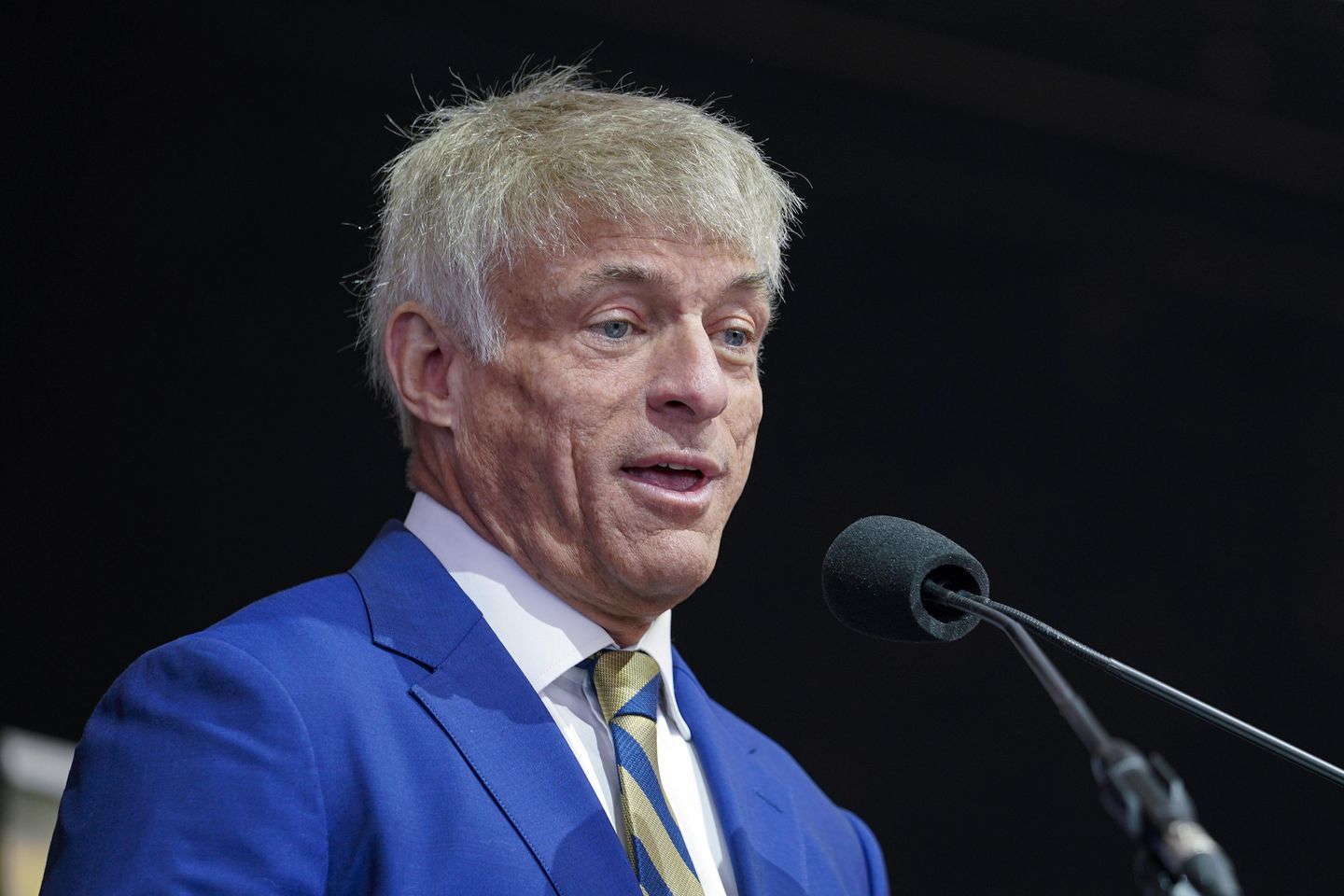The unofficial Catholic media website has agreed to pay $500,000 to a New Hampshire priest who sued for defamation over a 2019 article. The website, which is soon to be shut down, published the article that the priest claimed was defamatory. The priest’s attorney confirmed the settlement amount, indicating that the website has disavowed the article in question. This case highlights the potential legal consequences for media outlets that publish defamatory content, even if they are unofficial or independent.
The lawsuit against the website was brought by the New Hampshire priest, who alleged that the article published in 2019 was defamatory and damaging to his reputation. The settlement of $500,000 signifies the seriousness of the allegations and the impact that the article had on the priest’s personal and professional life. The fact that the website is also planning to shut down suggests that there may have been other legal or financial issues at play, in addition to the defamation lawsuit.
Defamation cases can have serious consequences for both the individual making the allegations and the media outlet publishing the content. In this case, the website has agreed to pay a significant settlement amount to the priest, indicating that they acknowledge the harm caused by the article. The decision to shut down the website may also be a result of the financial burden of the lawsuit and the potential for future legal action. It serves as a reminder to media outlets, official or unofficial, to carefully consider the content they publish and the potential legal ramifications.
The priest’s attorney confirmed that the website has disavowed the article in question, suggesting that they may have recognized the inaccuracies or harm caused by the content. Defamation laws are in place to protect individuals from false and damaging statements that can harm their reputation and livelihood. The settlement and disavowal of the article by the website serve as a form of accountability for the content they published, even if they are an unofficial or independent media outlet.
Overall, the settlement of $500,000 and the decision to shut down the website highlight the legal and financial risks associated with defamation cases. It is a cautionary tale for media outlets to be mindful of the content they publish and the potential consequences of spreading false or damaging information. The case also underscores the importance of upholding defamation laws to protect individuals from unwarranted harm to their reputation. Ultimately, this situation serves as a reminder of the responsibilities that come with being a media outlet, whether official or unofficial, and the potential repercussions of failing to uphold ethical standards in reporting.









